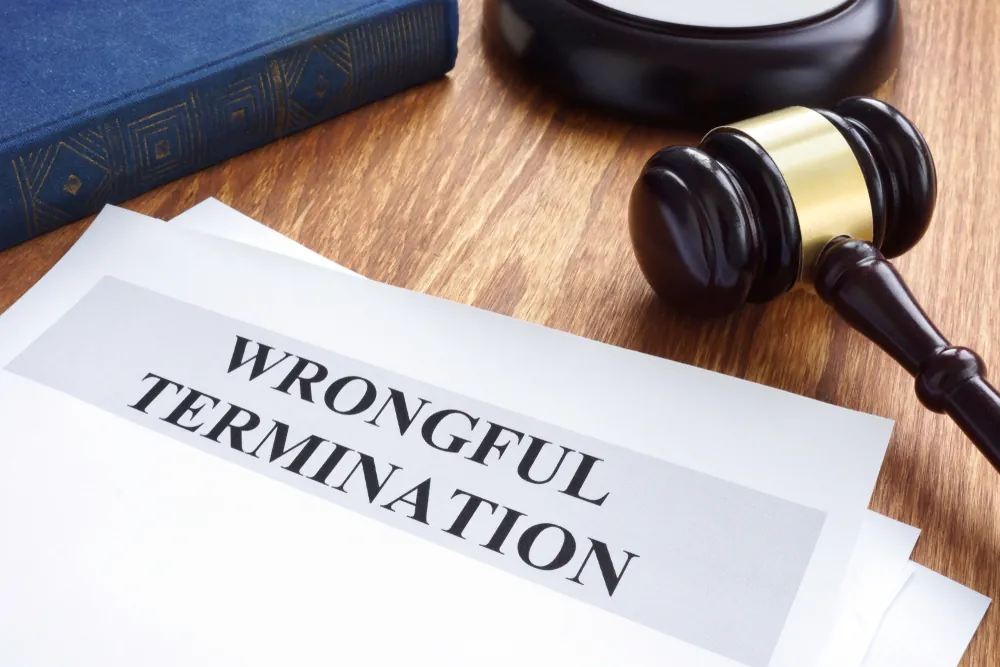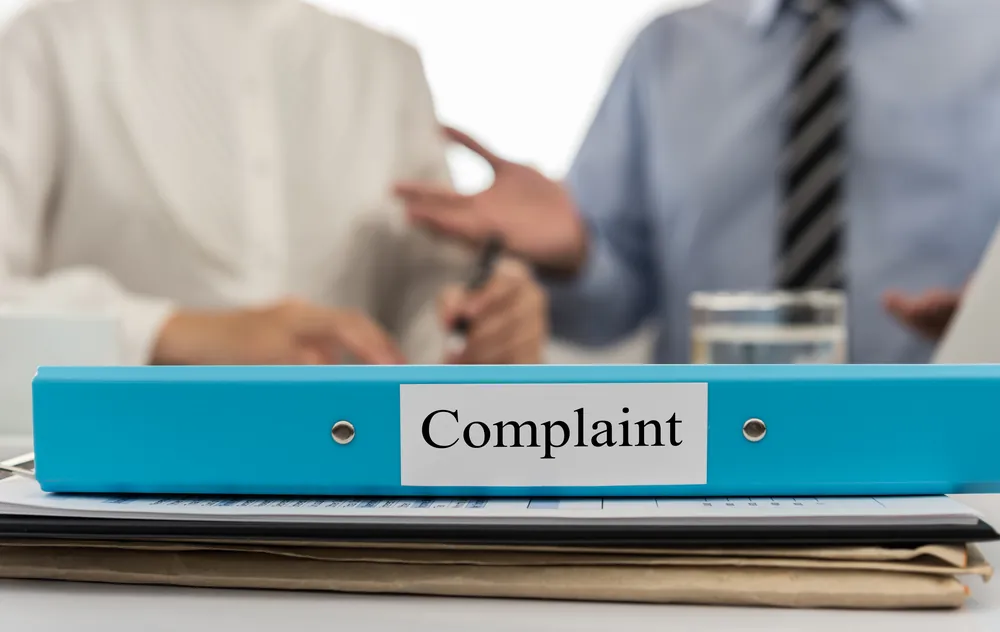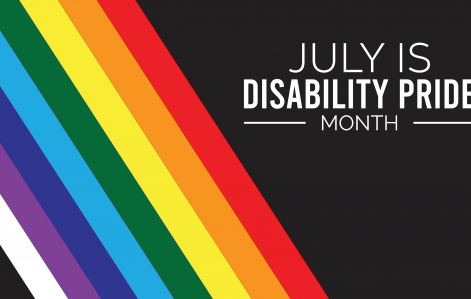As someone who has experienced wrongful termination, you may feel confused, angry, and frustrated. Losing your job unfairly and in violation of your employee rights is not only emotionally draining, but it can also have serious financial implications.
The good news is that if your termination was wrongful under the law, you have rights and legal options available to seek justice and potentially get your job back. You may need to regain your employment for your financial stability and career trajectory.
To do this, consult a San Diego wrongful termination lawyer in your area who can assess your best options.
Schedule a Free Case Evaluation Today!
Was Your Termination Wrongful?
Before pursuing legal action to get your job back, you must determine if your termination was indeed wrongful. The best way to do this is to have an experienced employment lawyer evaluate the situation and what led to your termination.
Wrongful termination occurs when an employer fires an employee illegally, violating their rights under state or federal laws.
Some common examples of wrongful termination include:

- Discrimination: If you were fired based on your race, color, national origin, gender, religion, disability, age, or other protected characteristics.
- Retaliation: If you were terminated in retaliation for engaging in protected activities, such as whistleblowing, filing a complaint, or participating in an investigation.
- Breach of Contract: If your termination violates the terms of your employment contract with your employer.
- Violation of Public Policy: If you were fired for reasons that go against public policy, such as refusing to engage in illegal activities or exercising your legal rights.
If you believe your termination falls under any of these categories, do not wait to consult a wrongful termination attorney to discuss your options. They can evaluate your case and determine the best course of action to seek redress. Acting quickly is especially important if you want to regain your job.
Types of Wrongful Termination
Wrongful termination can take various forms, and understanding the different types can help you navigate the legal process more effectively. Some common types of wrongful termination include:
Discriminatory Termination
Discriminatory termination occurs when an employee is fired based on their protected characteristics, such as race, gender, age, or disability. Federal and state laws prohibit employers from making employment decisions that discriminate against employees based on these factors.
Retaliatory Termination
Retaliatory termination involves firing an employee as a form of retaliation for engaging in protected activities. These activities include reporting workplace harassment, filing a complaint with a government agency, or participating in an investigation.
Constructive Discharge
Constructive discharge refers to a situation where an employer creates a hostile or intolerable work environment that leaves an employee with no choice but to quit. If you resigned due to unbearable working conditions, you may still have a valid claim for wrongful termination.
Breach of Contract
If you had an employment contract that guarantees job security or outlines specific terms of termination, your employer may have breached the contract by firing you without cause or violating the agreed-upon conditions.
Violation of Public Policy
Wrongful termination based on a violation of public policy occurs when an employer fires an employee for reasons that go against established public policy. For example, if your employer terminated you for refusing to engage in illegal activities or exercising your legal rights, you may have a wrongful termination claim.
Wrongful Termination Violates Your Rights as an Employee
Wrongful termination is a serious violation of your rights as an employee. When an employer terminates you without justification or based on discriminatory or retaliatory reasons, it affects your livelihood and undermines the principles of fairness and justice in the workplace.
As an employee, you have the right to:
- Equal treatment: You cannot be fired based on your protected characteristics or subjected to unequal treatment in the workplace.
- Workplace safety: Your employer must provide a safe and healthy work environment free from harassment, discrimination, and retaliation.
- Exercise lawful rights: You have the right to engage in protected activities, such as filing a complaint or participating in workplace investigations, without fear of retaliation.
- Due process: Employers should follow proper procedures and provide notice before terminating an employee.
Understanding your rights is the first step towards seeking justice for wrongful termination. Consult a wrongful termination attorney who works in employment law to protect and advocate for your rights.
Legal Recourse for Wrongful Termination
You have legal recourse to pursue if you believe you have been wrongfully terminated. Here are some potential options:
File a Complaint with Government Agencies

You can file a complaint with government agencies like the Equal Employment Opportunity Commission (EEOC) or the California Department of Fair Employment and Housing (DFEH). These agencies investigate discrimination and retaliation claims and may take legal action on your behalf if they find evidence of wrongdoing.
Negotiate a Settlement
In some cases, it may be possible to negotiate a settlement with your former employer outside of court. A wrongful termination attorney can assess the strength of your case and negotiate a fair settlement that compensates you for lost income, emotional distress, and other damages.
Pursue a Lawsuit
If your attorney cannot reach a fair settlement to address your losses, you may file a lawsuit against your former employer.
A wrongful termination attorney can guide you through the legal process, gather evidence, and build a strong case on your behalf. Depending on the circumstances, you may be entitled to reinstatement to your former position, back pay, front pay, and other appropriate remedies.
Can You Get Your Job Back?
One question that often arises for individuals facing wrongful termination is whether they can actually get their jobs back. While every case is unique, the law does provide for the possibility of reinstatement in certain situations.
If you wish to get your job back, you must immediately consult a wrongful termination attorney who can evaluate your case and assess the likelihood of success.
To determine if you can get your job back, a wrongful termination attorney will consider:
- The strength of your case: They will assess the evidence and legal arguments to determine the likelihood of success in court or through negotiations.
- The feasibility of reinstatement: If your former employer has filled your position or there is significant conflict between you and the employer, reinstatement may not be a practical option.
- Your preferences: Whether you actually want to return to your previous job or prefer monetary compensation is also an important consideration.
Even if reinstatement is not possible or desirable, pursuing legal action can still lead to financial compensation for lost income, emotional distress, and other damages resulting from the wrongful termination.
How a Wrongful Termination Attorney Can Help
Navigating the legal complexities of a wrongful termination case can be overwhelming, which is why you need a skilled wrongful termination attorney. Here’s how they can support you, among many other ways.
Evaluate Your Case
A wrongful termination attorney will carefully review your case, including the events leading up to your termination, any supporting evidence, and relevant employment laws. They will assess the strength of your case and provide an honest evaluation of your chances of success.
Gather Evidence
To build a strong case, your attorney will work with you to gather and organize evidence supporting your claims. This may include documents, emails, witness statements, performance evaluations, and other relevant records that can help establish the illegality of your termination.
Legal Representation
An attorney will handle all legal aspects of your case, including filing the necessary paperwork, representing you in negotiations or court hearings, and advocating for your rights and interests. They will leverage their knowledge and experience in employment law to develop a compelling argument on your behalf.
Negotiate Settlements
If a settlement is possible, your attorney will handle the negotiation process with your former employer’s legal representation. They will work to secure a fair and just settlement that compensates you for your losses and provides the appropriate remedies.
Represent You in Court
If your case proceeds to court, a wrongful termination attorney will provide skilled representation, presenting your case before a judge and jury. They will argue your position, cross-examine witnesses, and present evidence to support your claims.
Laws that Prevent Wrongful Termination in California
California has robust employment laws aimed at protecting workers from wrongful termination. Wrongful termination occurs when an employee is fired for reasons that violate their legal rights.
Several laws provide safeguards against such unfair employment practices, and an experienced wrongful termination attorney will know how these laws might apply to your situation.
At-Will Employment Exceptions

California is an at-will employment state, meaning employers or employees can terminate the employment relationship at any time, with or without cause. However, there are exceptions to this rule.
If an employment contract specifies the duration of employment or sets forth conditions for termination, the employer must adhere to those terms. Additionally, employers cannot terminate employees for reasons that violate public policy or for discriminatory reasons.
Discrimination Laws
California’s Fair Employment and Housing Act (FEHA) prohibits employers from terminating employees based on certain protected characteristics, including race, color, national origin, religion, sex, gender identity, sexual orientation, disability, age, and pregnancy. Wrongful termination claims can arise when an employee is fired solely because of one of these protected characteristics.
Retaliation Protection
Employees have protections from retaliation for engaging in certain protected activities.
For example, an employer cannot terminate an employee for filing a discrimination complaint, participating in an investigation, or exercising their rights under labor laws. Retaliation is considered wrongful termination, and employees have legal recourse in such cases.
Whistleblower Protection
California has strong whistleblower protection laws. Employees who report illegal activities or violations of law by their employers are protected from retaliation. Wrongful termination claims may arise if an employee is fired for reporting or refusing to participate in unlawful activities.
Breach of Contract
If an employment contract is in place, whether written or implied, both the employer and the employee are bound by its terms. Wrongful termination claims can arise if an employer breaches the terms of the contract by firing an employee without proper cause or in violation of the contract’s provisions.
Public Policy Violations
Wrongful termination claims can be based on violations of public policy. If an employee is fired for refusing to engage in illegal activities, exercising a legal right, or performing a civic duty (such as serving on a jury), it may be considered wrongful termination.
Implied Covenant of Good Faith and Fair Dealing
All employment relationships in California include an implied covenant of good faith and fair dealing. This means that employers and employees must deal with each other honestly and fairly. Wrongful termination claims may arise if an employer acts in bad faith or breaches this covenant.
Family and Medical Leave Protections
The California Family Rights Act (CFRA) and the federal Family and Medical Leave Act (FMLA) provide job protection for eligible employees who take leave for qualifying family or medical reasons. Wrongful termination claims can arise if an employee is terminated for taking leave protected under these laws.
Complaints about Working Conditions
Employees have the right to complain about unsafe working conditions or employer practices that violate labor laws. Wrongful termination claims may arise if an employee is fired for making legitimate complaints about workplace conditions.
Public Sector Protections
Public employees in California are protected by additional laws and regulations. For example, the California Whistleblower Protection Act protects public employees from retaliation for reporting improper governmental activities.

Termination Attorney
Consult a Wrongful Termination Lawyer About Your Options as Soon as Possible
If you have experienced wrongful termination, it’s crucial to consult with a wrongful termination attorney as soon as possible. Employment laws have specific statutes of limitations, which means there is a limited timeframe in which you can file a claim or lawsuit.
By seeking legal advice promptly, you protect your future and increase your chances of a favorable outcome.





